Strength Training for Runners: The Benefits & Myths
Strength training for runners is often overlooked when creating a training schedule. However, it’s a style of training that can add more benefit to your overall performance on the track or race day.
Why Weight Training Isn’t Always Prioritised
There are many reasons athletes give for avoiding this type of training. Some of the most common include:
- Not knowing where to begin
- Prioritising logging more miles over a weight-training session
- Fear of becoming bulky or too heavy for running
We’re here to help you overcome these uncertainties and understand the importance of strength training for runners, as well as the benefits it can bring.

Not Knowing Where To Begin
Gathering the courage to take that first step into the weights section of a gym—or even into a gym for the first time—takes a lot. Consider starting with a personal trainer, a group session, or gym classes to help you get started.
All of these are effective strategies for boosting confidence and motivation in strength training for runners, and they often provide opportunities to learn more along the way.
Miles Over Weights
Another common reason for avoiding weight training as often as recommended is that runners prefer to log miles instead of lifting weights.
In the short term, this might not seem like a big issue. But in the long term, it can do more harm than good. If you don’t work on strengthening your body—especially your legs—you won’t see improvements in your run times, speed, or endurance. Instead, your body is more likely to plateau.
Getting Bulky
There’s an old wives’ tale that lifting weights will turn you into a huge, muscular bodybuilder. Wrong! Building a bodybuilder’s physique takes much more than just lifting weights, so this shouldn’t be a concern.
There’s also the common fear that lifting weights will make you too bulky to run fast, increase your speed, or improve your running performance. This is simply incorrect. Lifting weights as a runner can offer significant benefits. As long as you combine your weight training with cardio, there’s nothing to worry about.
Building more muscle mass and strength will result in a stronger body that can withstand even the most difficult runs, helping you simultaneously develop your speed and endurance.
The Benefits of Resistance Training
When it comes to pairing weight training with running, the benefits far outweigh the ‘what ifs’ and potential negatives. It not only improves your running performance but is also essential for long-term training success.
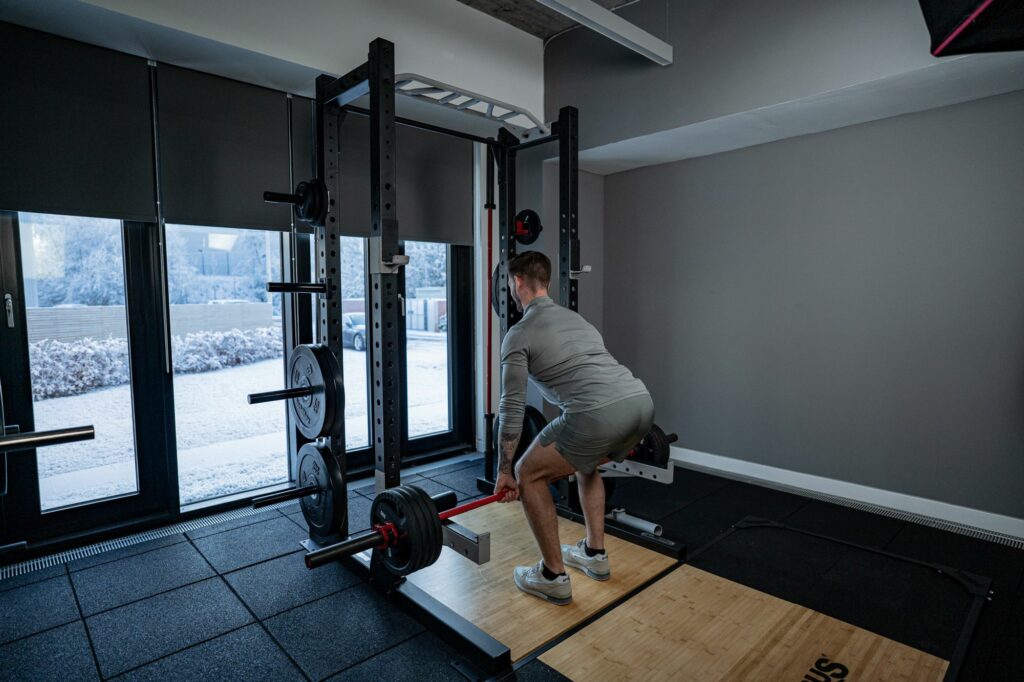
Benefits of resistance training for running:
- Strengthens muscles, joints, and bones
- Reduces the risk of injuries
- Improves running form
- Increases endurance
- Enhances speed
Strengthens Muscles, Joints and Bones
High-impact activities like running can take a toll on our joints as we age, so it’s essential to take care of them as best we can. Strength training for runners is an excellent way to build strength in your muscles, joints, and bones while also keeping them stable and resilient.
As we get older, our bones naturally become weaker due to age-related degeneration. Strength training helps combat this process and keeps us in good running condition year-round.
Lowers Injury Risk
Weight training lowers your risk of injury. When you lift weights, your body adapts to handle new environments, workouts, and capabilities, which improves your recovery time for both runs and weight sessions.
On the other hand, choosing not to include weight training in your running program can increase your risk of injury. This can lead to overtraining your legs due to a lack of strength, muscle fatigue, insufficient stretching, and minimal rest days.
Improves Running Form
Building a strong foundation is essential for maintaining proper running posture. As you run, your core muscles and back stabilise your spine, which is why strengthening these areas is so important.
This not only improves your running technique but also helps you maintain better form for longer periods. Additionally, it supports progress in other areas of your training—particularly your legs, which are, of course, key to running.
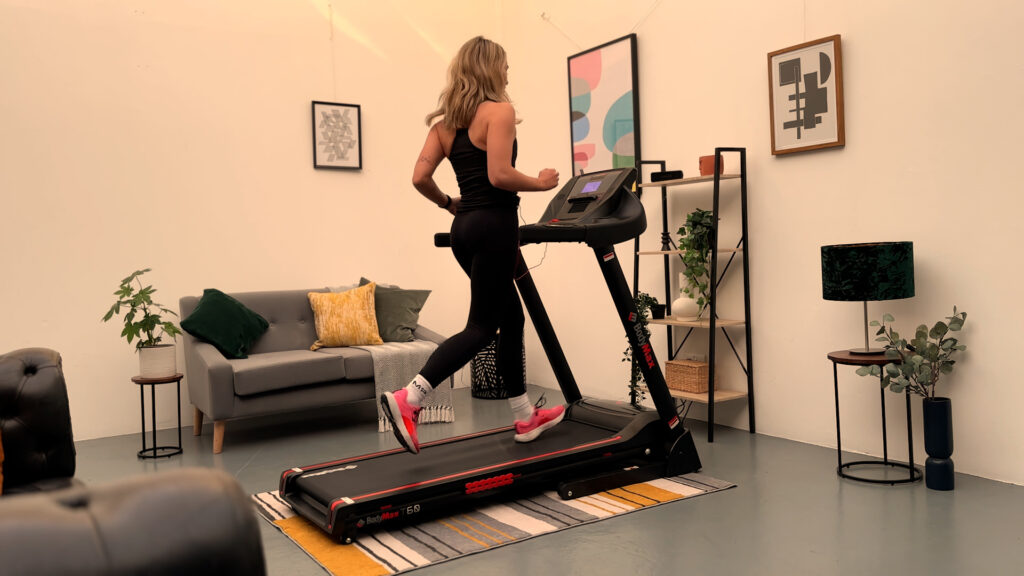
Increases Endurance
Stronger muscles and legs will enable you to work harder and longer, improving your distance capability, speed, and timed runs. When training for a marathon, every bit of extra power counts.
Incorporating strength training with a variety of exercises will help condition your body to handle heavier loads and sustain effort for longer periods.
Helps You Gain More Speed
Strength training will also help you run faster. By incorporating weight exercises, you can increase your power, allowing you to run faster for longer periods. This will enhance both the power and length of your strides, ultimately boosting your overall speed.
Strength Training Workout Plan For Runners
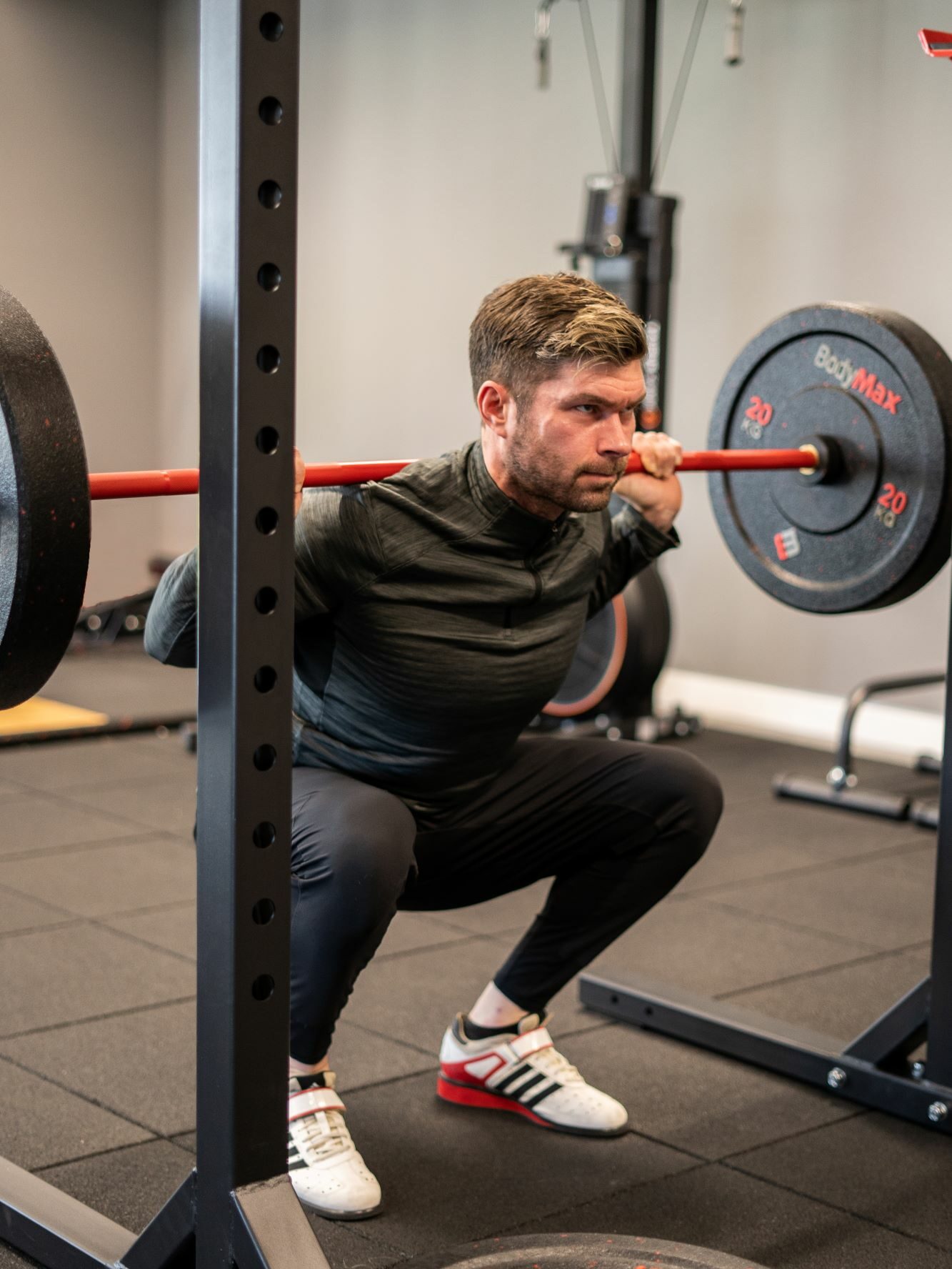
Maintaining a varied workout program will help your body adapt to different movements and keep things interesting. There are several ways you can add strength training to your routine, including:
- Joining a local fitness class, group, or club
- Working with a personal trainer
- Getting a gym membership
These options allow you to meet others in similar situations, ask detailed questions, and receive answers almost instantly. They also give you the opportunity to learn from others and target areas of your body that may need extra attention.
On top of that, you can invest in your own home gym, giving you the freedom to train when, how, and with whom you like, along with the added convenience of having equipment available whenever you need it.
Strength Training For Runners Isn’t Always Heavy Weights
Weight training doesn’t have to mean lifting heavy weights—it can include a mix of different methods, such as:
- Bodyweight exercises: Great for building your strength and stamina without any equipment.
- Functional exercises: These focus on improving your power and strength through everyday movements.
- Compound weight training: This helps you get stronger with key lifts like deadlifts, squats, overhead presses, and bench presses. It’s a great way to build full-body strength and improve your overall performance on the track.
- General weight training: Adding a couple of full-body sessions to your weekly routine can make a big difference. You’ll strengthen muscles all over, boost your confidence, and see improvements in your speed, stride length, and stamina.
Home Gym Strength Packages
Interested in bringing your weight training home? Explore our range of strength bundles here. With a wide variety of options to choose from, you can find the perfect setup to match your goals, budget, and equipment preferences.
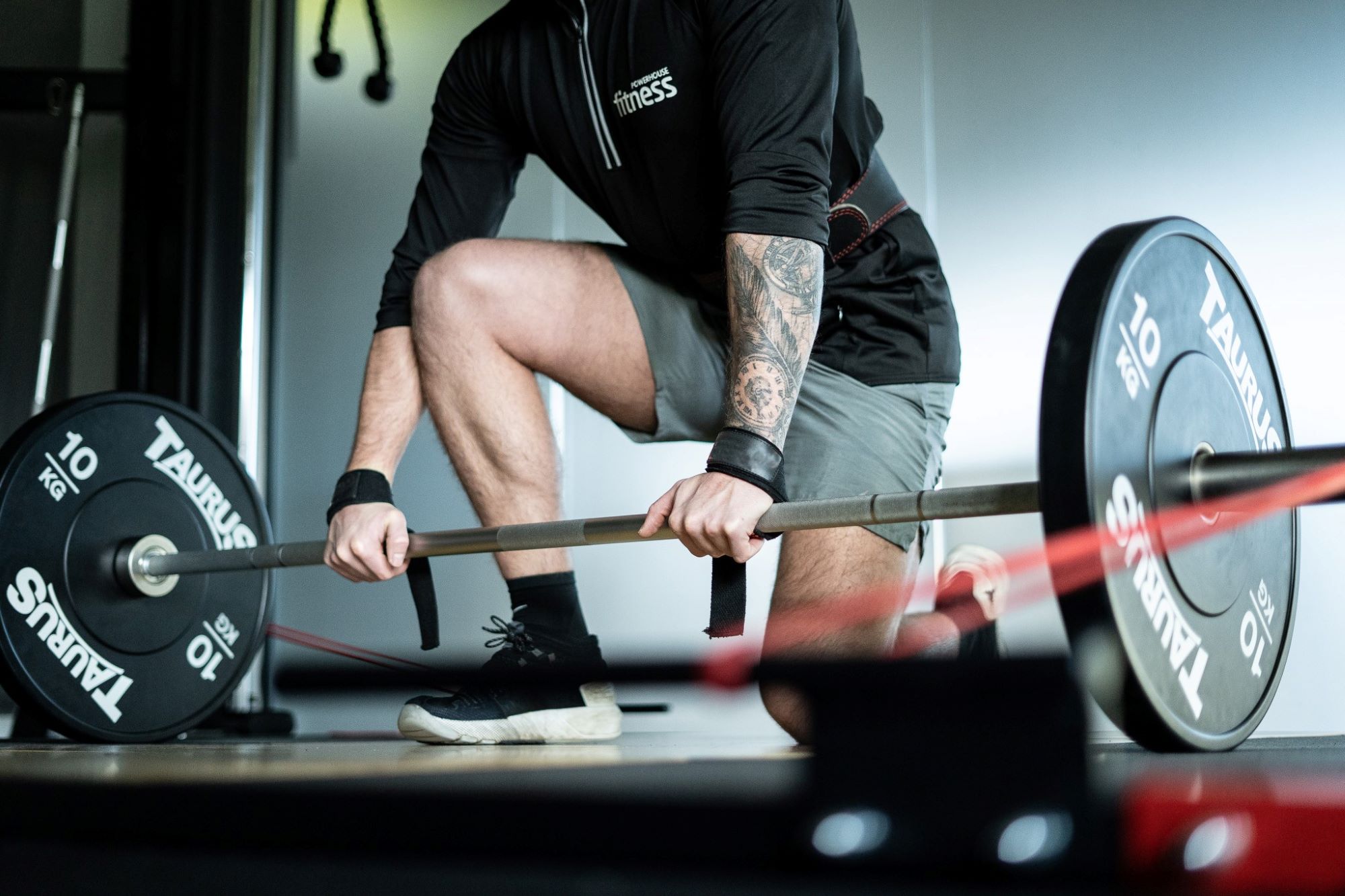
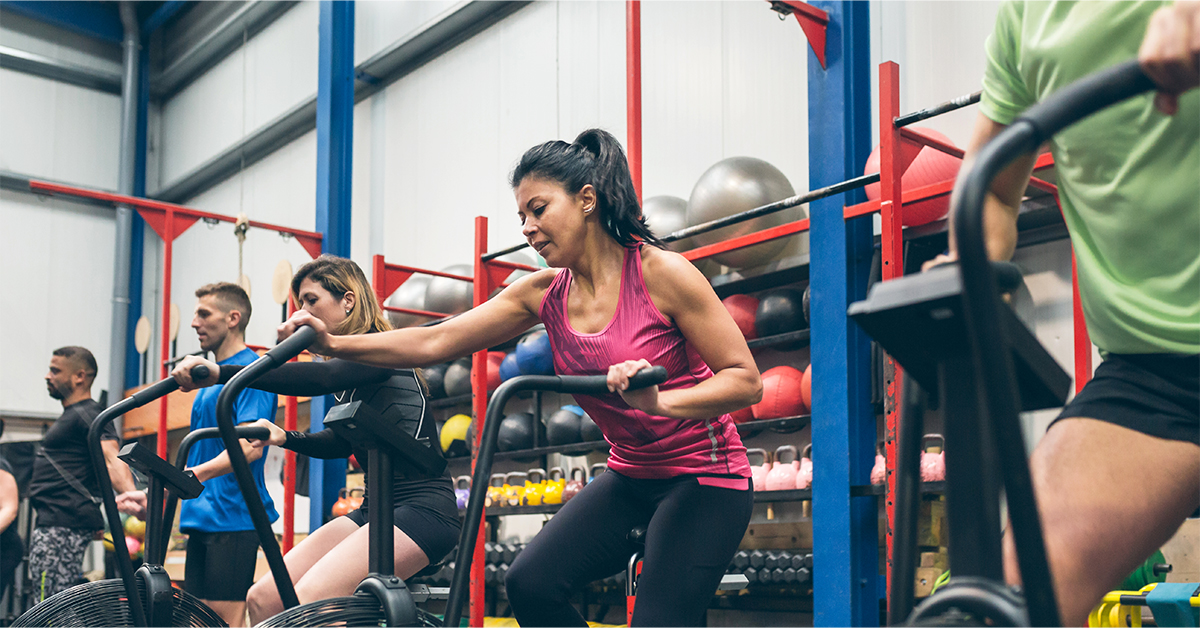
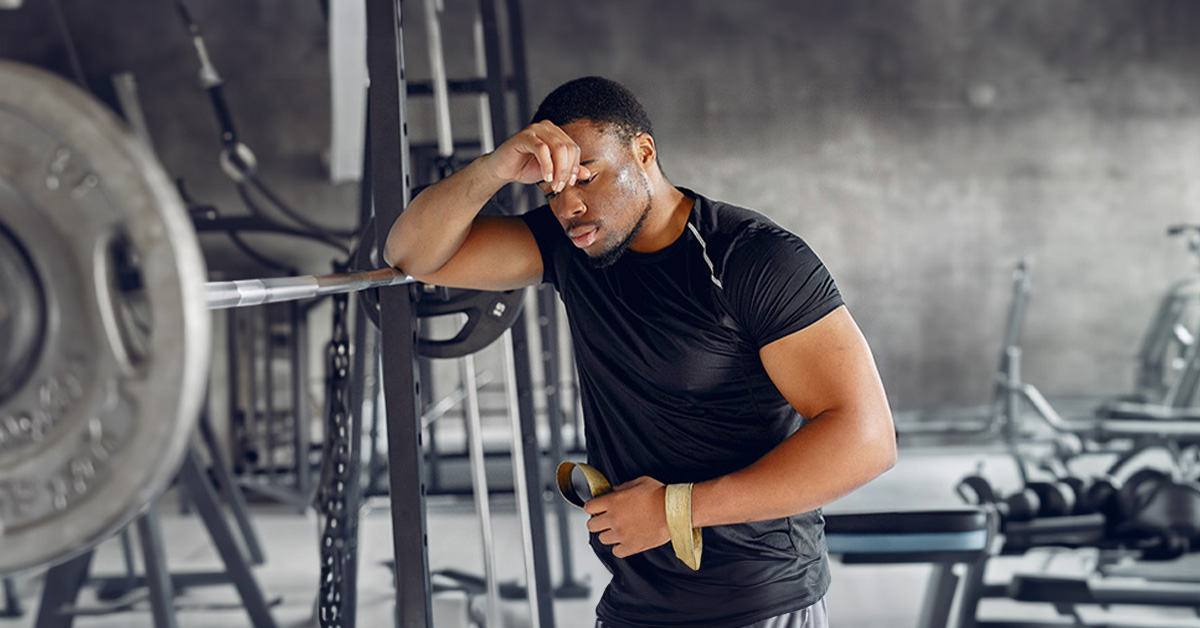
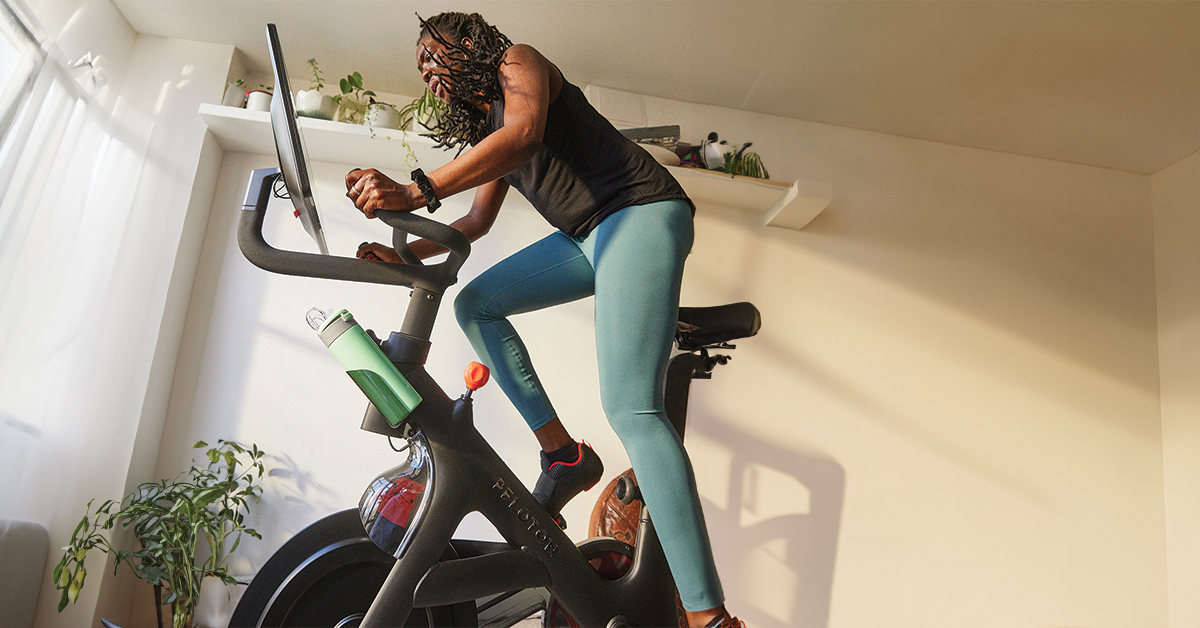
Post Comment